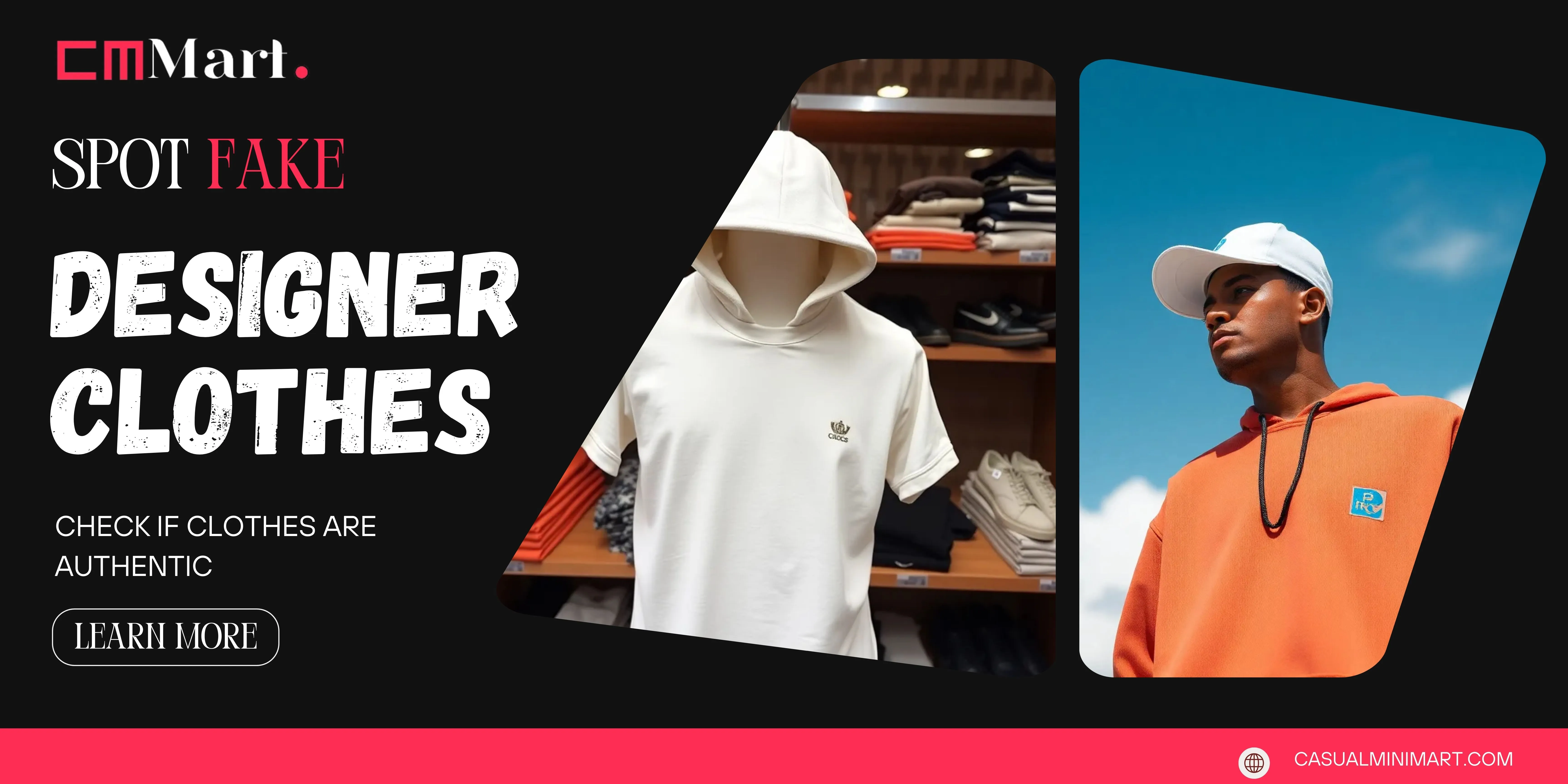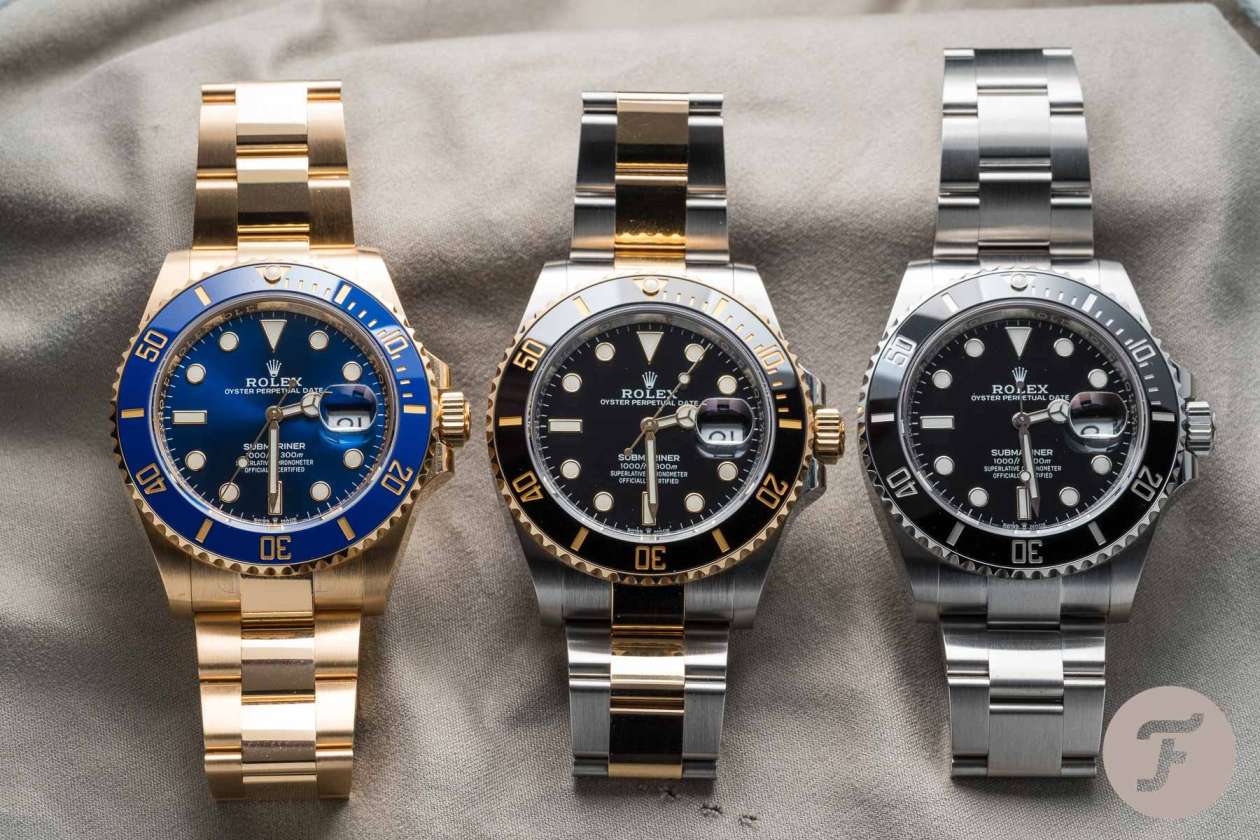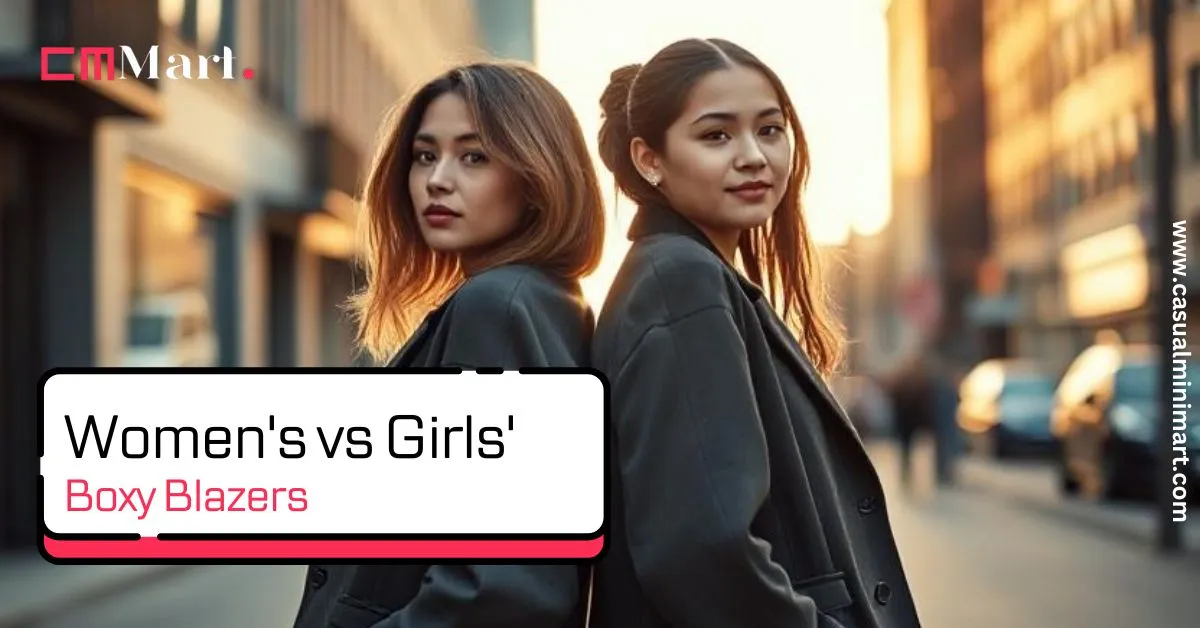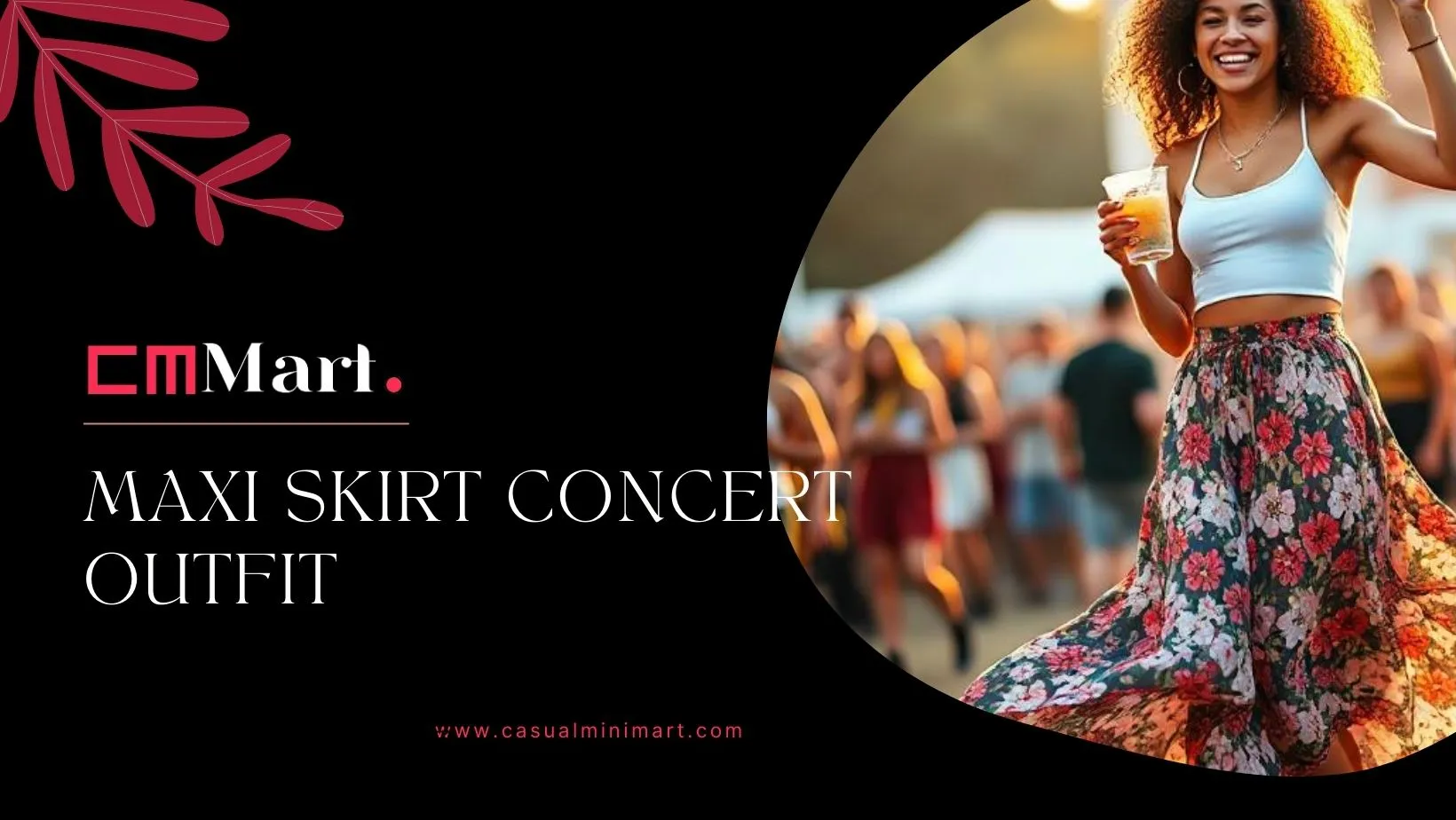Ever come across a designer piece that looks absolutely beautiful but you found yourself wondering, “is this real or fake? I’d been there too, and I knew how difficult it can be to distinguish between the two. That’s why I’ve compiled this simple guide to help you spot fake designer clothes like a pro.
I’ll explain through how to check if clothes are authentic, what little details most fakes get wrong and even how some apps (like an original or fake scanner) can aid the process. By the time you finish here, you’ll know precisely how to identify original branded clothes without falling into any traps.
Ready? Let’s get started!
1. Start with the Label – The Biggest Clue
The label is the easiest: it does the most to tell you if clothes are authentic. Real designer labels are always tidy, with even stitching and perfect printing. Fake ones? Not so much.
Here’s what to look for:
-
Spelling mistakes – Fake labels sometimes have typos or wrong fonts.
-
Stitching around the label – Real designer labels are sewn in perfectly, not crooked or loose.
-
Material of the label – Cheap, flimsy labels are a red flag.
If the label looks messy or "off," the clothes are probably fake.
2. Check the Stitching – Real Designer Clothes Are Perfect
Designer brands take their time to make sure every stitch is straight and strong. Fake clothes? They rush, and it shows.

How to spot fake designer clothes by the stitching:
-
Loose threads? Real designer clothes don’t have them.
-
Uneven seams? Nope, real ones are always smooth.
-
Sloppy corners? Fake clothes often have messy folds.
If the stitching looks lazy, the clothes are fake.
3. Feel the Fabric – Quality Matters
Real designer clothes use the best materials—soft, thick, and luxurious. Fakes? They usually feel rough, thin, or plasticky.
How to identify original branded clothes by touch:
-
Does it feel cheap? Real designer fabric never does.
-
Is it heavy or light? Good fabric has weight to it.
-
Does it match the brand’s usual material? (Check online if you’re not sure.)
If it feels like low-quality fabric, it’s probably fake.
Related: 2000s Men Fashion: Iconic Trends That Defined the Era
4. Logo Placement – Fakes Often Get It Wrong
Every designer brand has a specific way of placing logos. Fake clothes mess this up all the time.
How to check if clothes are authentic by the logo:
-
Is it in the right spot? Compare it to real products online.
-
Is the logo the right size and color? Fakes often look blurry or wrong.
-
Are the letters and spacing correct? Some fakes use slightly different fonts.
If the logo looks weird, the clothes are fake.
5. The Price – If It’s Too Cheap, It’s Fake
Real designer clothes cost a lot for a reason. If you see a "designer" item selling for 50whenitshouldbe50whenitshouldbe500, it’s definitely fake.

How to spot fake designer clothes by price:
-
Is it way cheaper than usual? Real designer sales still aren’t that cheap.
-
Is the seller shady? Check reviews before buying.
-
Does it seem too good to be true? It probably is.
If the price feels unreal, the clothes are too.
6. Packaging – Real Designer Brands Don’t Cut Corners
Real designer clothes come in nice boxes, dust bags, or tissue paper with the brand’s logo. Fake items? They often have cheap or missing packaging.
How to check if clothes are authentic by packaging:
-
Does it come in a branded box or bag? If not, be suspicious.
-
Is the printing high-quality? Fake packaging looks faded or blurry.
-
Does it feel luxurious? Real designer packaging always does.
Bad packaging = fake clothes.
7. Use an Original or Fake Scanner (If You Can)
Some apps can scan barcodes or tags to check if an item is real. They’re helpful, but not perfect—always double-check with your own eyes too.
How to use an original or fake scanner:
-
Scan the tag or barcode – Does it match the brand’s records?
-
Check the app’s results – But don’t rely on it 100%.
-
Compare with real products – Does everything else look right?
Use these tools, but don’t trust them blindly.
8. Know the Brand’s Special Details
Every designer brand has small things that make it unique. Fake clothes often miss these.
How to identify original branded clothes by details:
-
Buttons, zippers, and tags – Do they match the real brand?
-
Patterns and colors – Are they exactly the same as the real thing?
-
Serial numbers or authenticity cards – Do they look real?
If something feels off, it likely is.
9. The Smell Test – Yes, Really!
This sounds funny, but real designer clothes usually have a clean, natural smell. Fake ones? They often smell like chemicals or plastic.

How to spot fake designer clothes by smell:
-
Does it smell weird or strong? Real fabric shouldn’t. -
Does it smell like glue or plastic? Big red flag.
-
Does it smell like a real store? If not, be careful.
A bad smell = likely fake.
10. Buy from Trusted Sellers – The Safest Way
The best way to avoid fakes? Buy from real stores or the brand’s official website. Be careful with random online sellers.
How to check if clothes are authentic by seller:
-
Is the store well-known? (Like Nordstrom, Saks, or the brand’s own site.)
-
Does the seller have good reviews? Check before buying.
-
Can you return it if it’s fake? Always check the return policy.
If you’re not sure, stick to trusted sellers.
Related: How to Dress Like an Italian Man
11. Do Some Research Before Buying
Before you buy, look up the item online. Check photos, reviews, and videos to see what the real version looks like.
How to spot fake designer clothes with research:
-
Compare it to real ones online – Are there differences?
-
Read reviews – Do people say it’s real or fake?
-
Watch unboxing videos – Does yours look the same?
A little research can save you from buying a fake.
Final Tip: Trust Your Gut
If it don’t feel right, then it aint. Just because something looks like a good deal doesn’t mean you have to rush out and buy it. Nothing in real estate is so great that you shouldn’t take your time, run the numbers and, if you’re still in doubt, walk away.
Now you know how to spot fake designer clothes like an expert! Just remember:
Check labels, stitching, and fabric.
Look at logos and packaging.
Buy from trusted sellers.
If it seems too good to be true, it is.
Youll have a much easier time avoiding fake designer clothes with these tips!






.webp)